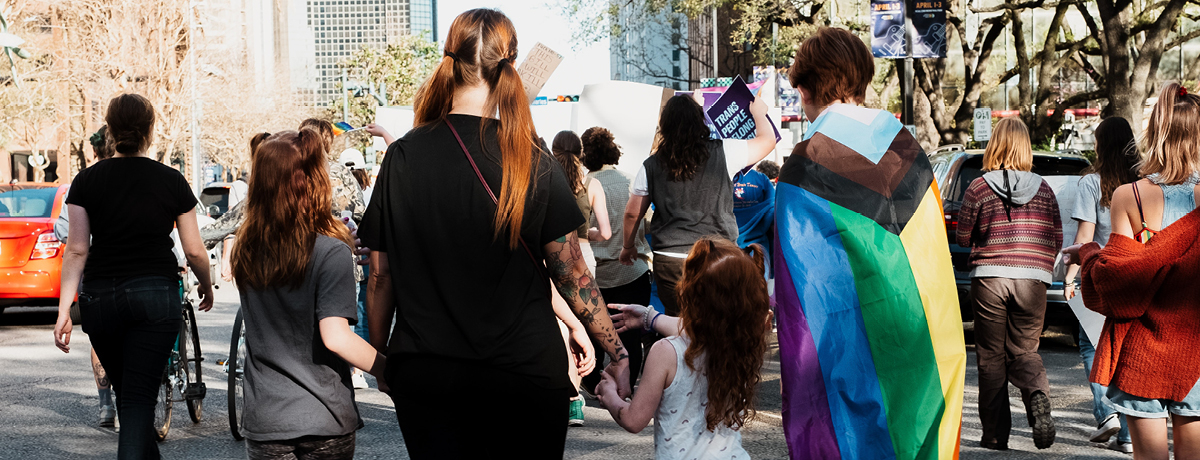On Wednesday, June 22, 2022, hundreds of protestors and LGBTQIA+ supporters rallied outside the Massachusetts State House in Boston, advocating for the passing of legislation that would update the state’s longstanding parentage laws before legislative sessions are closed for the summer. The legislation in question, which was recently revised and refiled this year, is now being stalled on the Judiciary Committee floor.
Referred to as the Massachusetts Parentage Act (MPA), a possible successor to the first iteration passed in 1986, the updated bill seeks to represent the plethora of diverse families in Massachusetts while recorrecting nearly 40 years of legislative inaction. Advocates of the bill say the act would aim to protect children, no matter the circumstances of that childbirth, including sexual orientation, gender or the martial status of their parents at the time. More specifically, the bill would provide a clear legal path and set of standards for establishing parentage for children born through methods such as surrogacy and assisted reproduction technology, including in vitro fertilization. Additionally, if passed, the bill would also establish standards for de facto parents or those who act as a legal guardian for a child they are not genetically related to.
Polly Crozier, a lawyer working with LGBTQ Legal Advocates & Defenders, was in attendance, making it known that while Massachusetts may be the first U.S. state to legalize gay marriage, the state is still significantly behind the rest of New England in providing this legal protection.
"I think that post-marriage equality, we didn't do that kind of foundational work to protect the children born into these families. Legal parentage is that core relationship between a parent and a child, the core bedrock of stability and well-being for children across the course of their life. Every right and responsibility flows from that relationship: decision-making, medical decision–making, inheritance rights, child support,” stated Crozier, as reported by GBH News in Boston.
Primarily based on the Uniform Parentage Act (UPA) of 2017, an initial legislative framework for ensuring the protection of legal relationships between children and parents, if passed, the MPA would crucially update state law to clarify exactly who can be a parent and how parentage is to be properly established. More importantly, unlike the legislation of the past, this bill would allow LGBTQIA+ parents to establish legal parentage the same as any other family would be able to, through either a voluntary acknowledgement of parentage or a standard path through the courts system to resolve additional parentage issues.
If the MPA fails to move beyond the Judiciary Committee floor, it would only mean further setbacks for the legislators and LGBTQIA+ advocates working tirelessly to ensure that both children and their parents are entitled to protections and equality from the moment of birth. With the possibility of family separation or the involvement of the welfare system looming, state legislators have until June 30 to successfully mobilize the MPA and enact it into Massachusetts state law, ensuring that no parent has to grapple with complex legal situations in order to make crucial decisions that will affect the outcome of their child’s life and well-being.


























